af Helen Navarro 4 år siden
363
Plataforma AYA10
La plataforma AYA10 es una herramienta diseñada para gestionar cursos educativos, proporcionando diversas funcionalidades que facilitan la organización y el seguimiento del progreso académico.
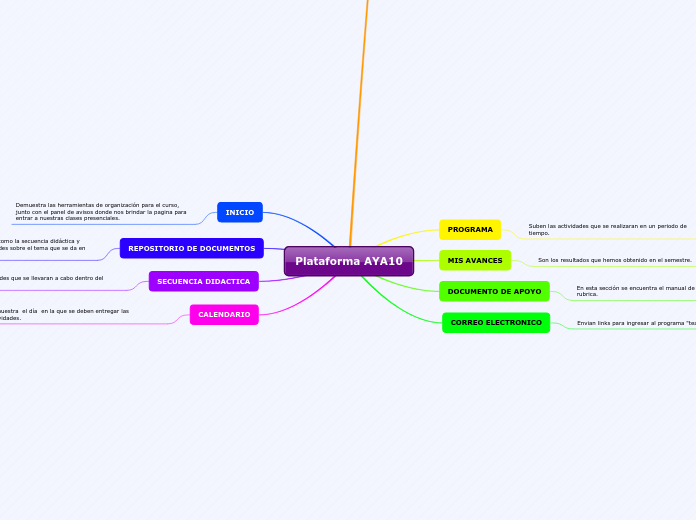
af Helen Navarro 4 år siden
363

Mere som dette
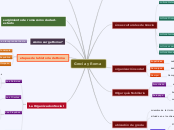

af Maribel Linares
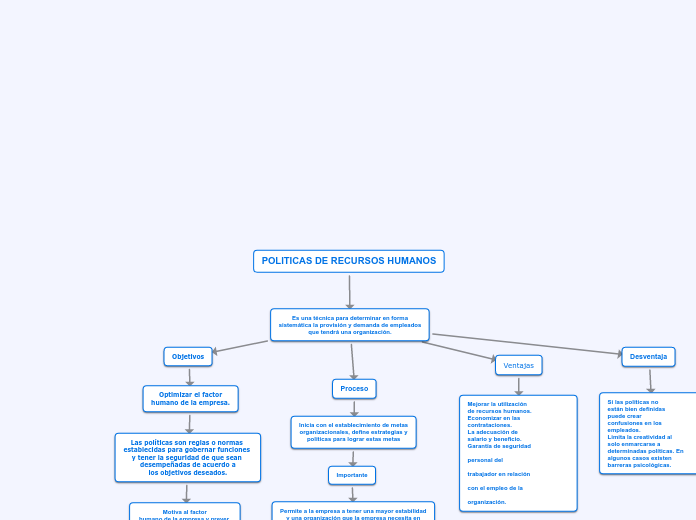

af CARLOS CONCEPCION
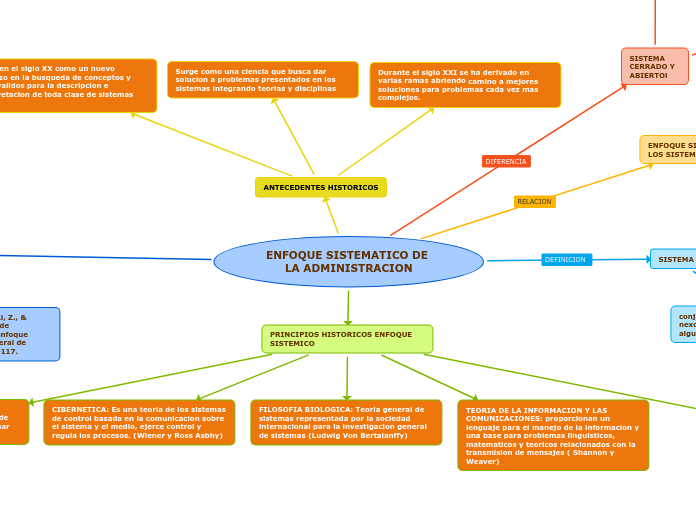

af Ricardo Gil
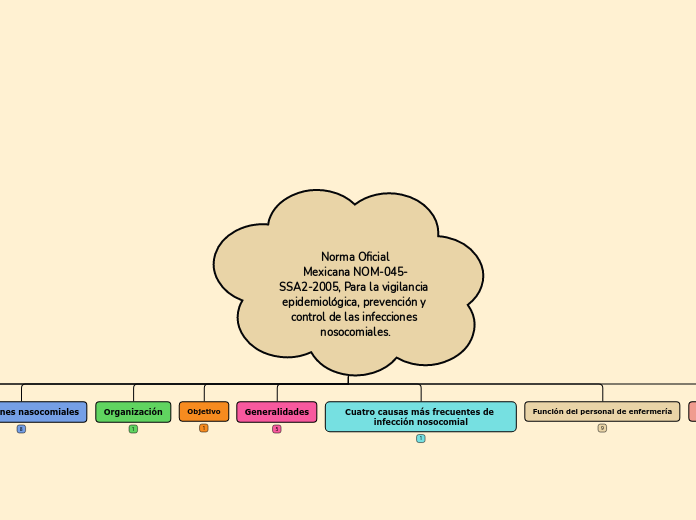

af LETICIA LIZBETH PEGUERO PADILLA
A noun is a word that functions as the name of some specific thing or set of things, such as living creatures, objects, places, actions, qualities, states of existence, or ideas.
Generic nouns are nouns that are part of a generic statement. Generic nouns can be singular or plural. The opposite of generic nouns is collective nouns.
The difference between definite/indefinite and generic nouns is that in the sentence there must be a blanket statement or question.
Proper nouns are the names of specific people or places. They should always begin with a capital letter.
A concrete noun is a noun that can be identified through one of the five senses (taste, touch, sight, hearing, smell).
Possessive nouns are nouns which possess something, normally another noun.
Countable nouns are nouns that can be counted, even if the number might be extraordinarily high.
Uncountable nouns are nouns that come in a state or quantity which is impossible to count; liquids are uncountable, as are things which act
like liquids.
A noun which refers to a group of things/people.
A noun which cannot be identified by using one of the five senses (taste, touch, sight, hearing, smell).
Irregular nouns are nouns which don’t follow a spelling pattern when pluralized.